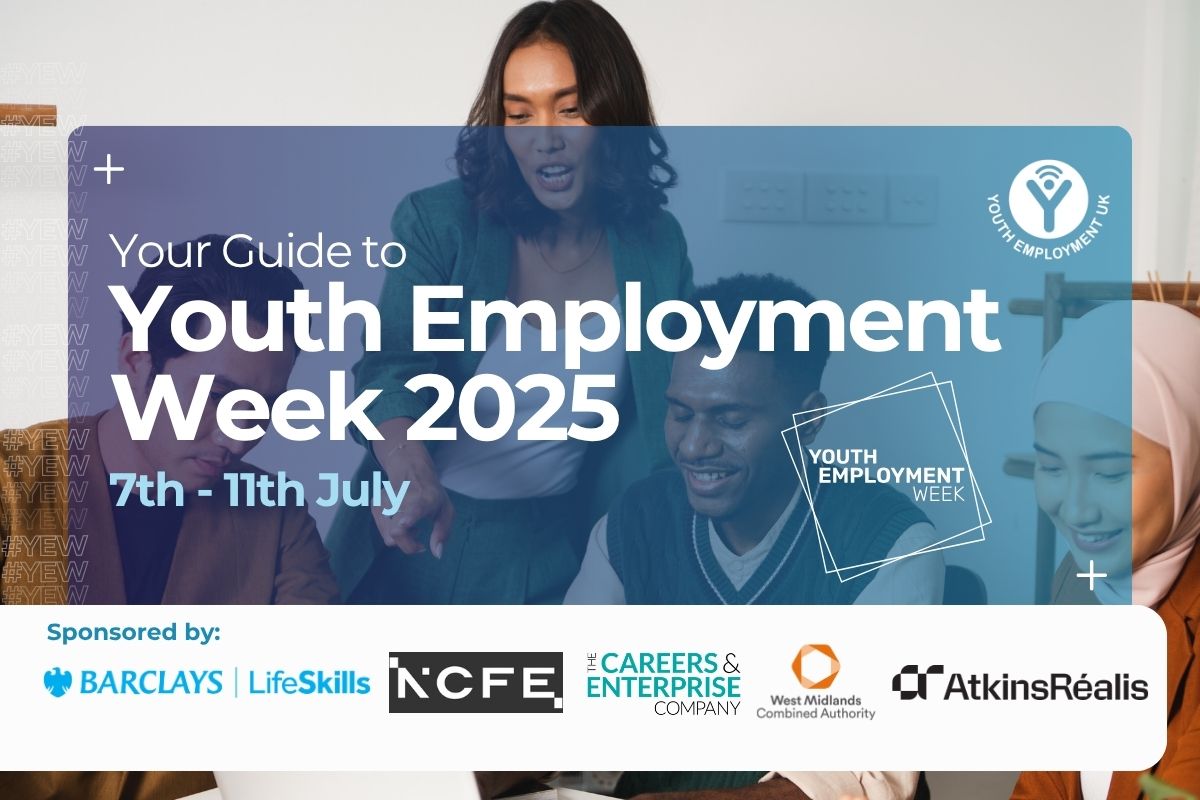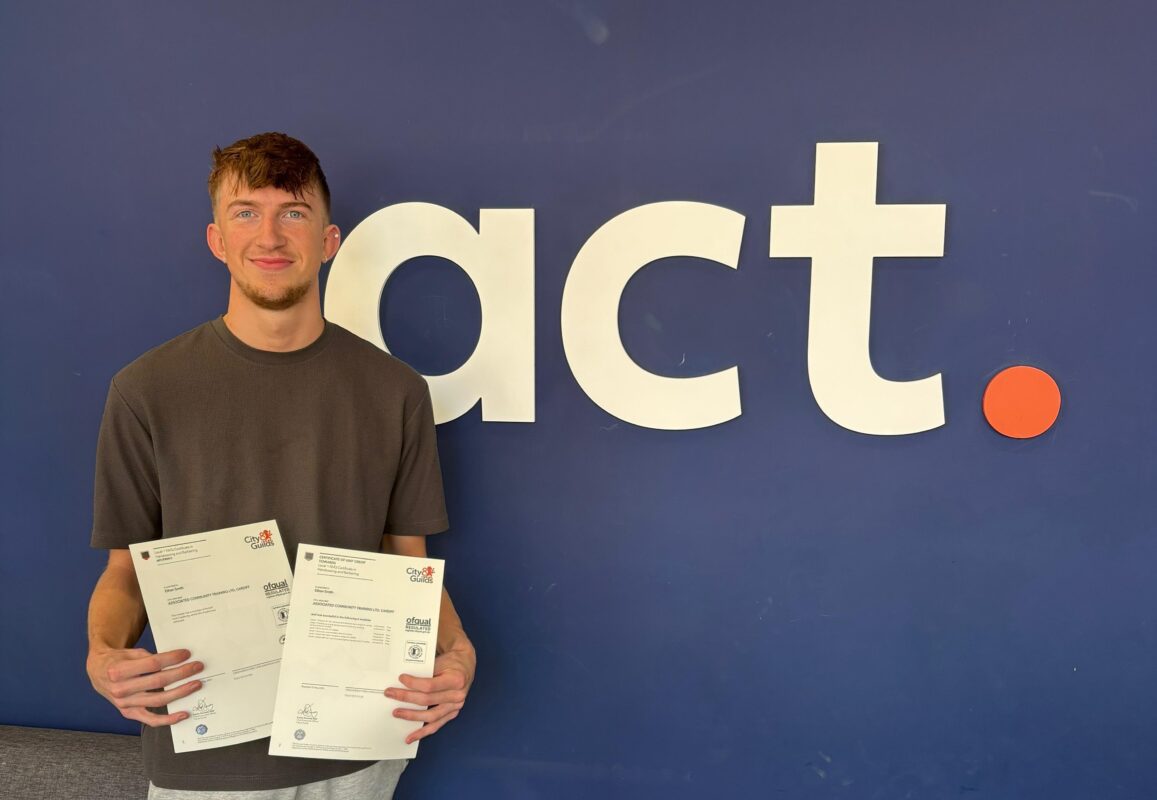Why Venture Capital should be on the FE and Skills Curriculum

The concept of VC is not taught in schools and colleges, meaning many people enter into adulthood without a basic understanding of an industry that provides the working capital behind the apps we tap, the products we buy, and the tech that powers our lives. But by taking steps to include VC on the further education curriculum, we can demystify the sector, expose young people to incredible new opportunities, and empower a new generation to take a seat at the VC table.
What is Venture Capital?
Venture Capital is the financial backing of new ideas and aspiring companies, involving high risks for high rewards, where investors manage funds supported by sources like family offices or limited partners, often focusing on tech startups. VC might have given life to the app you use to order your groceries or the sustainable gym wear brand you rave about to your friends. Or it could have supercharged the innovations that bring us closer to net zero, improve our health, or make our society fairer. The venture capitalists (VCs) who decide which ideas are worthy of investment have the power to affect real change.
Who Writes the Cheques?
This power means the individuals working within VC are hugely influential. Given the extent to which VC funding shapes our lives, you might hope that the sector reflects the diversity of modern Britain. Sadly, though, this isn’t the case.
Just 12% of senior investment roles are held by women in the UK, whilst those from an ethnic minority background occupy just 10%. On top of that, a staggering 71% of VC partners attended private school. Disrupting this long-established homogeneity will be difficult without making a wider, more diverse community of people aware of VC as a career path.
How ‘you can’t be what you can’t see’ applies to VC
9 in 10 people not feeling confident in describing VC is a pretty striking statistic, but there are also clear gender and geographical elements to this knowledge. Men and people living in London are twice as likely as women and non-Londoners to say they know what VC is.
A knowledge gap this wide has real-world consequences. We know, for instance, that female founders are overwhelmingly more likely to receive investment if a woman is on the investing team. VC’s gender and ethnicity imbalance has a knock-on effect on diverse entrepreneurship. This skews the kinds of products and services that make it to market and leaves many audiences under-served.
How getting VC on the FE curriculum can help
There’s no reason we can’t seed an understanding of the industry before young people enter the workforce. This is especially important given the academic elitism in VC; one in five UK VCs are Oxford, Harvard or Stanford graduates. While business schools and even GCSE and A-Level courses emphasise entrepreneurship and founding companies, they tend not to focus on venture capital itself, leaving a gap in education. Students at prestigious institutions, however, will likely have better access to resources, internships, and networks that help them get a foot on the VC ladder, while others miss out on this opportunity.
Making sure that entry-level information and support is available more widely at all kinds of educational institutions is key to leveling the playing field. From folding VC knowledge into relevant curriculums, bringing venture into the conversation at financial education workshops to inviting representatives from VC firms to careers fairs, there’s plenty of ways to boost students’ understanding of this society-shaping sector.
Why this support should be accessible to all
It’s also important not to limit access to these resources. People might assume that there are certain subjects that make someone the ‘right’ candidate for a VC career, like business studies or economics. But there’s no reason that a fashion student wouldn’t make for an exceptional consumer VC or a budding biologist couldn’t be an incredible medtech investor. In fact, having more people with STEM backgrounds in VC is crucial, as they bring knowledge and expertise to bridge the gap between groundbreaking research and successful commercialisation, especially in a strong science and technology ecosystem like the UK’s. And even those who dream of starting their own business stand to gain useful insights from learning how venture capital works.
This early exposure to the industry also allows time for students to build on their interest independently, like seeking out relevant newsletters or podcasts, or participating in free access schemes.
All of this helps to build both confidence and curiosity – two absolutely essential ingredients in bridging any knowledge gap. And this is a gap we must bridge if we want to level-up the playing field in this most powerful of industries.
By Eleanor Kaye, Executive Director of the Newton Venture Program











Responses